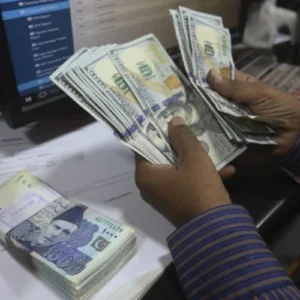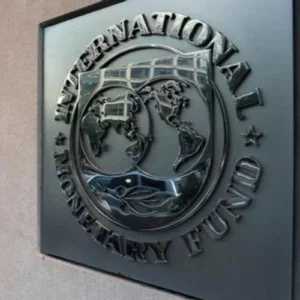Pakistan stands at a precarious crossroads. With dwindling foreign exchange reserves and a widening current account deficit, securing a new program with the International Monetary Fund (IMF) is no longer a matter of political convenience, but an economic imperative. Further delay or politicking over this lifeline could have disastrous consequences for the nation's financial stability and overall well-being.

The recent split mandate in the general elections, coupled with ongoing political turbulence, has raised concerns about Pakistan's commitment to implementing the tough reforms demanded by the IMF. Rating agencies like Fitch have warned that "near-term political uncertainty may complicate the country's efforts" to secure a new deal. This is a stark reminder that political squabbling cannot be afforded in the face of such urgent economic challenges.
The potential ramifications of failing to secure an IMF deal are severe. It could trigger currency devaluation, further fuel inflation, and lead to capital flight, crippling essential imports and economic activity. The social costs would be immense, disproportionately impacting the most vulnerable segments of society.
Therefore, prioritizing national interest over political agendas is crucial. All stakeholders, from the government and opposition to businesses and civil society, must come together in a spirit of unity and shared sacrifice. Here are some key steps needed:
1. Bipartisan Consensus: The government and opposition should prioritize national interests over political point-scoring. A bipartisan consensus on key economic reforms should be built to demonstrate Pakistan's commitment to the IMF program. This would not only reassure investors but also pave the way for smoother negotiations.
2. Transparency and Communication: Open and transparent communication with the public is essential to build trust and understanding. The government should clearly explain the challenges, proposed reforms, and potential consequences of not securing an IMF deal. Public support is crucial for successful implementation of any austerity measures.
3. Prioritizing Reforms: Implementing structural reforms, reducing subsidies, and strengthening governance are non-negotiable for long-term economic stability. While these measures may be politically challenging, a phased approach with social safety nets can mitigate the impact on vulnerable populations.
4. Building Capacity: Strengthening institutions and building capacity to enforce reforms is critical. Investing in anti-corruption measures, improving tax collection, and streamlining public administration will demonstrate Pakistan's commitment to long-term economic sustainability.
The time for political gamesmanship is over. Pakistan's economic future hangs in the balance. By prioritizing national interest, demonstrating unity, and implementing essential reforms, Pakistan can secure the IMF deal and navigate its way towards a more stable and prosperous future. This journey requires collective effort, shared sacrifice, and a unwavering commitment to putting the nation first.

